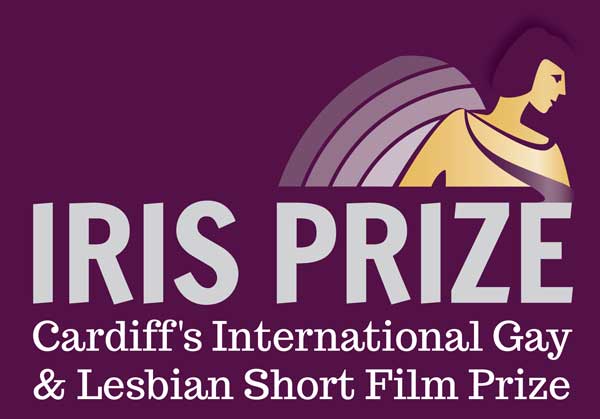

The Iris Prize Festival showcases many of the best LGBT short films out there. Here’s the first of our round-ups of some of this year’s selection.
Fighting For Air
Director: Fatima Mawas
A tense family life and problems at school mount as KJ’s teacher, Amal, starts to notice bruises on her face. Drawn into a secret underworld, Amar and KJ must look to each other for help, or fight alone.
Ambitious, tense and with some great fight scenes, this racially-charged Fight Club doesn’t pull any punches. As a short this feels a little unfulfilled; almost like the beginning of a longer story, as would befit any story involving race, class and sexuality. There are certainly lots of issues raised and very few questions answered, leaving the viewer feeling a little unsatisfied, almost hungry for the next chapter.
http://fatimamawas.wix.com/fightingforair
 The Inevitable Story of Leticia Deniz
The Inevitable Story of Leticia Deniz
Director: Marcelo Pereira
A story following the coming-of-age of a beautiful young transgender girl, from violence at the hands of a father who doesn’t understand, through transformation and her initiation into the sex-working world of Rio de Janeiro. This melancholic narrative really lives up to the ‘inevitable’ line; the viewer knows exactly where this story is headed and almost wants to reach out to this lost and fragile soul and offer her something better than the life she slides into under the eye of her caring, yet flawed and bitter, transgender uncle.
Beautifully performed, with a not-graphic-but-memorable abuse scene that will leave you hesitant to brush your hair again, we’d recommend lining up Pretty Woman to watch straight after this one.
 Don’t Call Me Honey Bunny
Don’t Call Me Honey Bunny
Director: Gabrielle Zilkha
In a relationship that’s lost its sparkle, two bunnies take steps to reinvigorate their love life. With scenes that will resonate with anyone in a relationship that survived beyond the honeymoon phase, this is a sweet, funny and slightly cock-eyed look at how relationships can change from constant sexy fun into quieter, more intimate affairs.
While there’s nothing ground-breaking or particularly revelatory in this portrait of a lesbian relationship, it’s a touching and affectionate look at the frustrations that come with settling into a long-term relationship. Well-shot, and nicely acted, to the extent where the bunny masks actually seem to enhance the emotive acting by the two leads. You’ll laugh, you’ll cringe and you’ll almost certainly have been in a similar situation.
Grace
Director: Michal Aronzon
Grace, a Philippino woman living and working in Israel, rediscovers her sexuality following her divorce, and finds herself torn between following her heart back to the Philippines and staying in Israel to allow her children to follow their dreams in the Israeli army.
The messy, sprawling and intricate life of someone like Grace isn’t easy to document. As with any life, there are too many details that can’t be cropped out or made to fit neatly into a short and, while Grace feels overlong at 40 minutes, the viewer gets the feeling that Aronzon was hard pressed to cut anything out without losing elements of the story.
Speaking to feelings of loneliness, duty and, most importantly, hope for a better future within all of us, there is something touching and deeply human about this portrait of a strong yet vulnerable person and loving mother.
 Junggesellin
Junggesellin
Director: Anna Linke
At 26, Stephanie is the ‘spinster’ of her group of friends who, for a hen night, head from their rural homes into the vibrant city centre, finally giving Stephanie the chance to explore who she really is.
A sweet telling of an old and well-worn story, Sarah Riedel’s portrayal of Stephanie is nuanced, sweet and shy who, even with very little dialogue, manages to speak quite intimately about her frustrations, fears and eventual emancipation.
Nicely done, but sadly quite forgettable, this story doesn’t quite add up to the sum of its parts.
http://junggesellin-film.de/
Reviewer: Scott Elliott
Leave a Reply (if comment does not appear immediately, it may have been held for moderation)